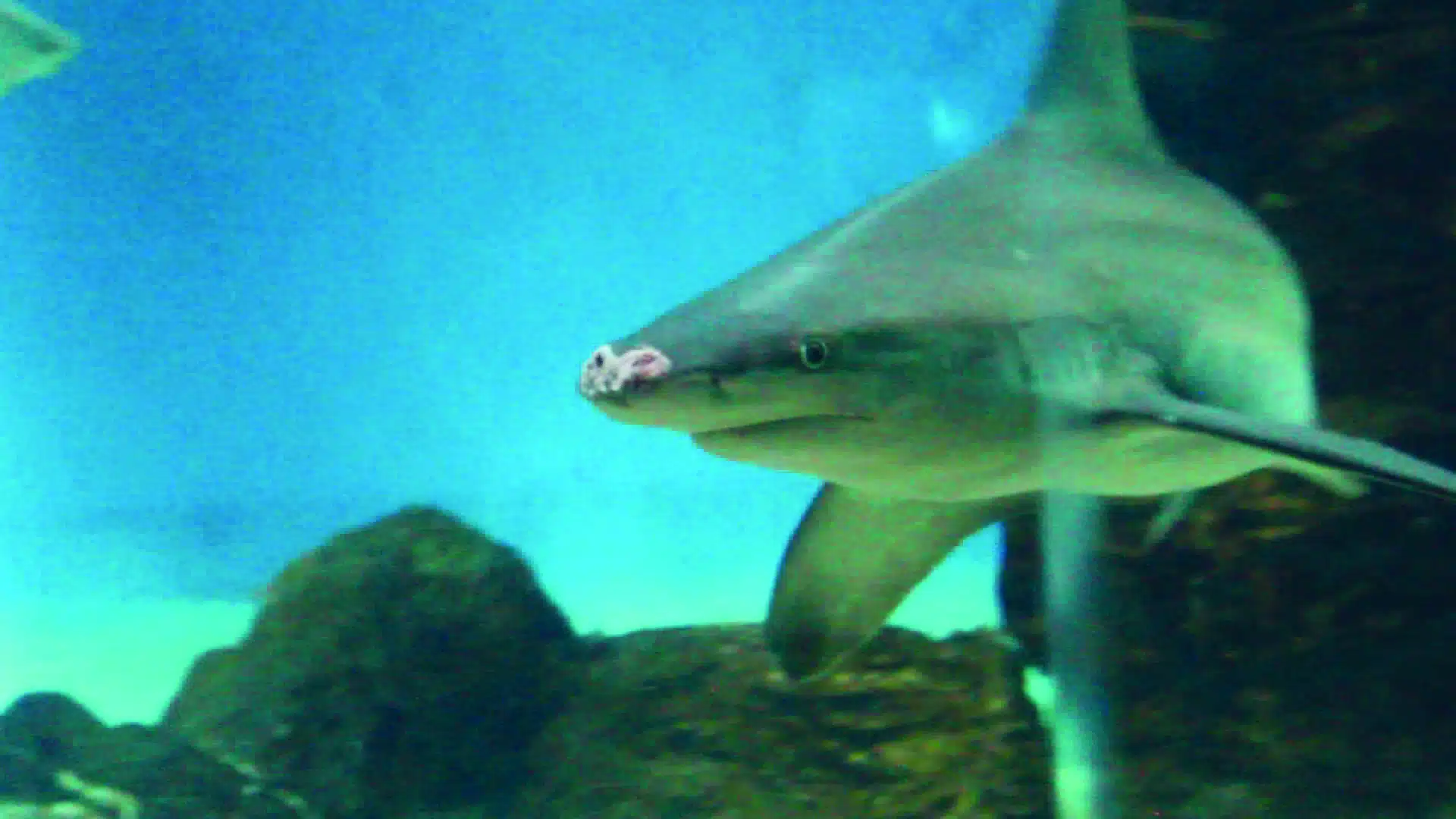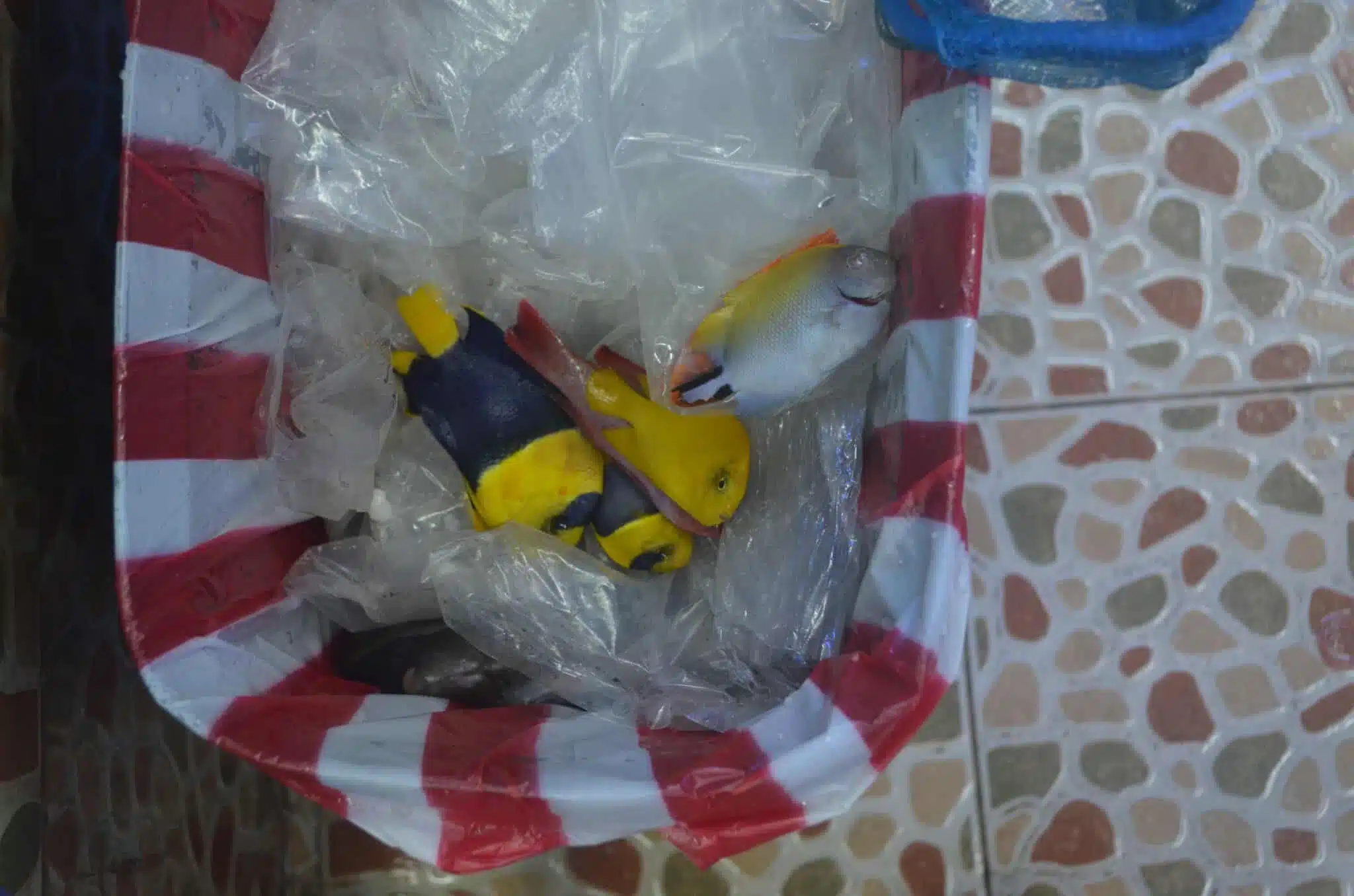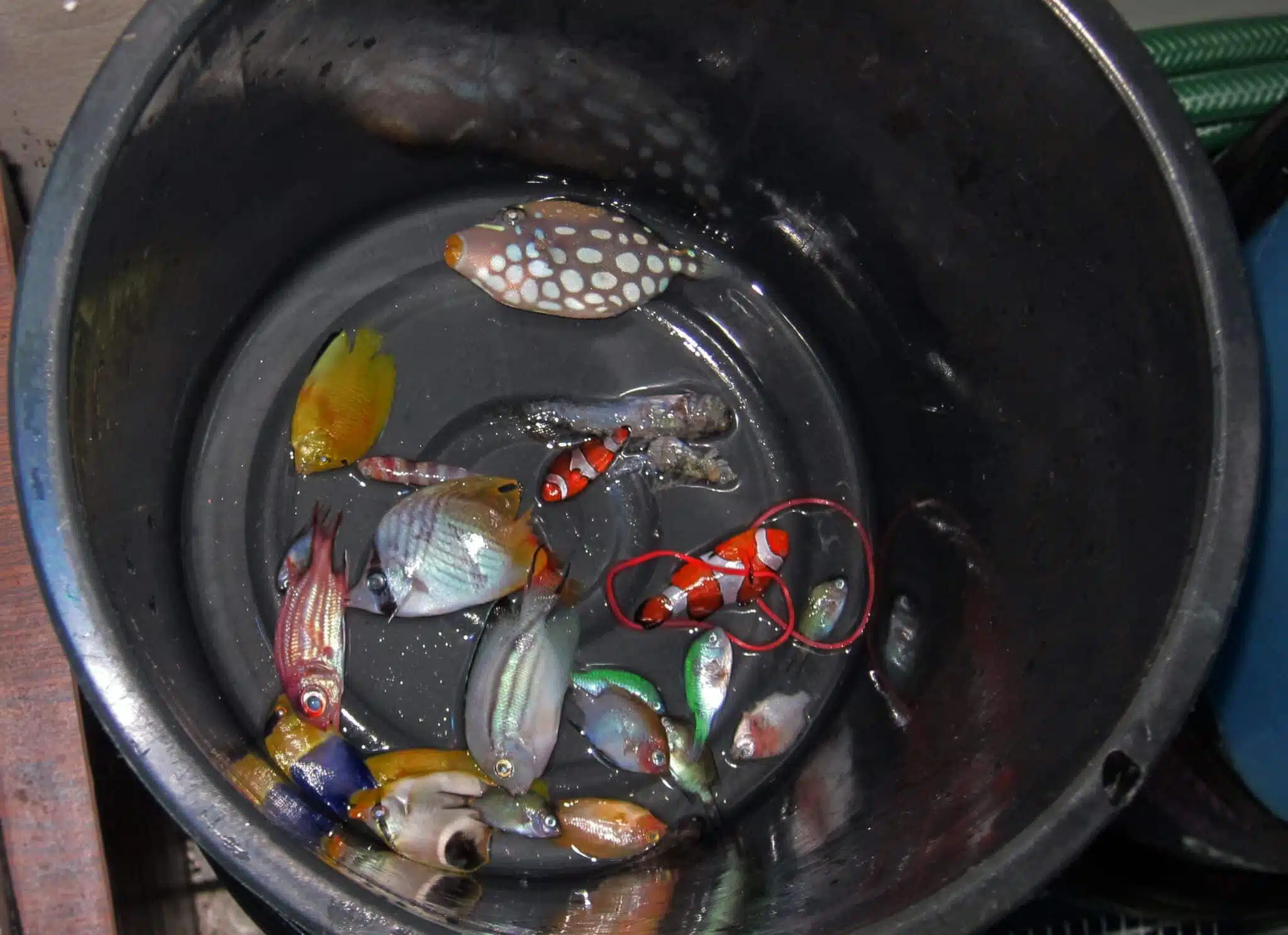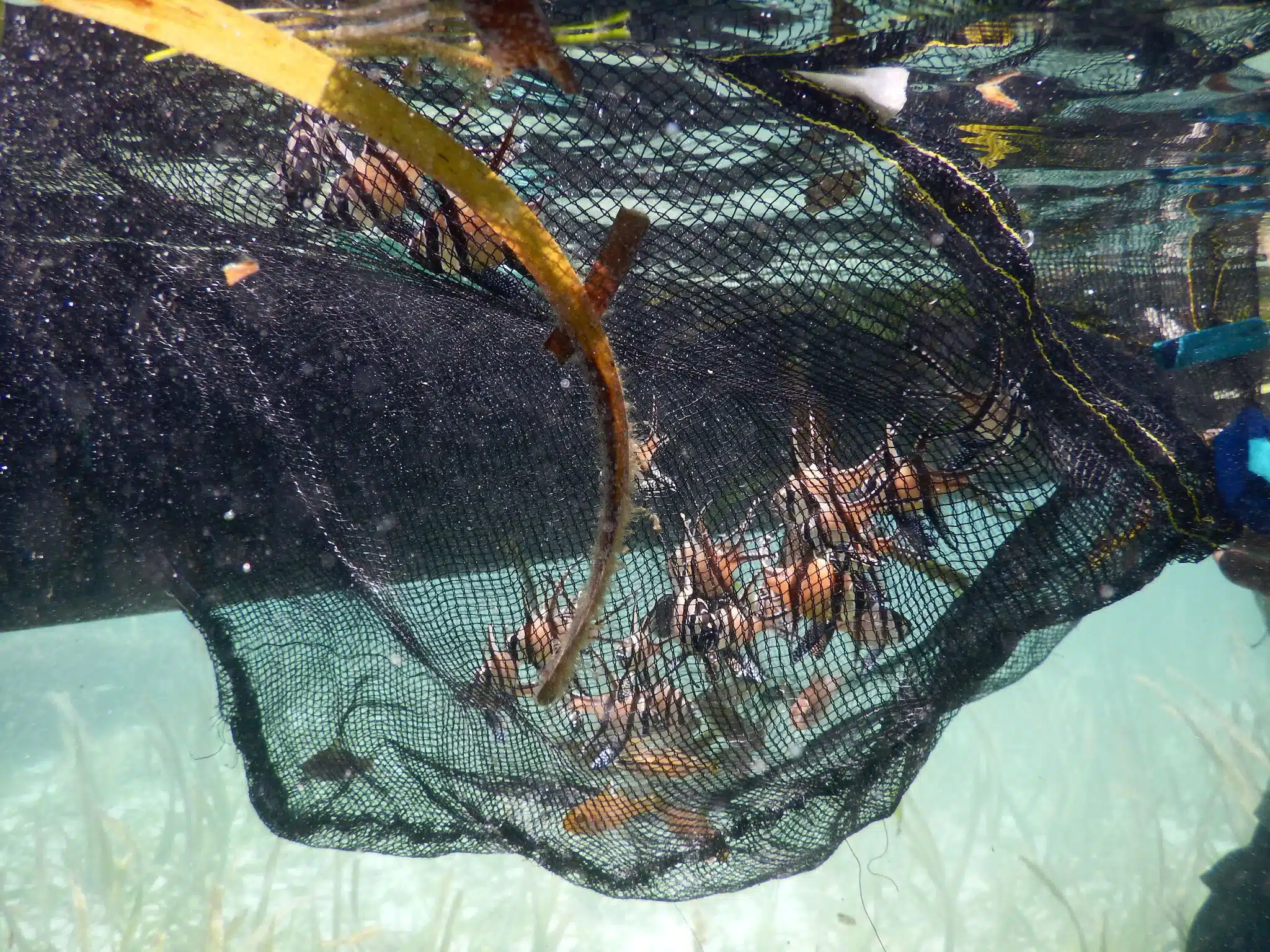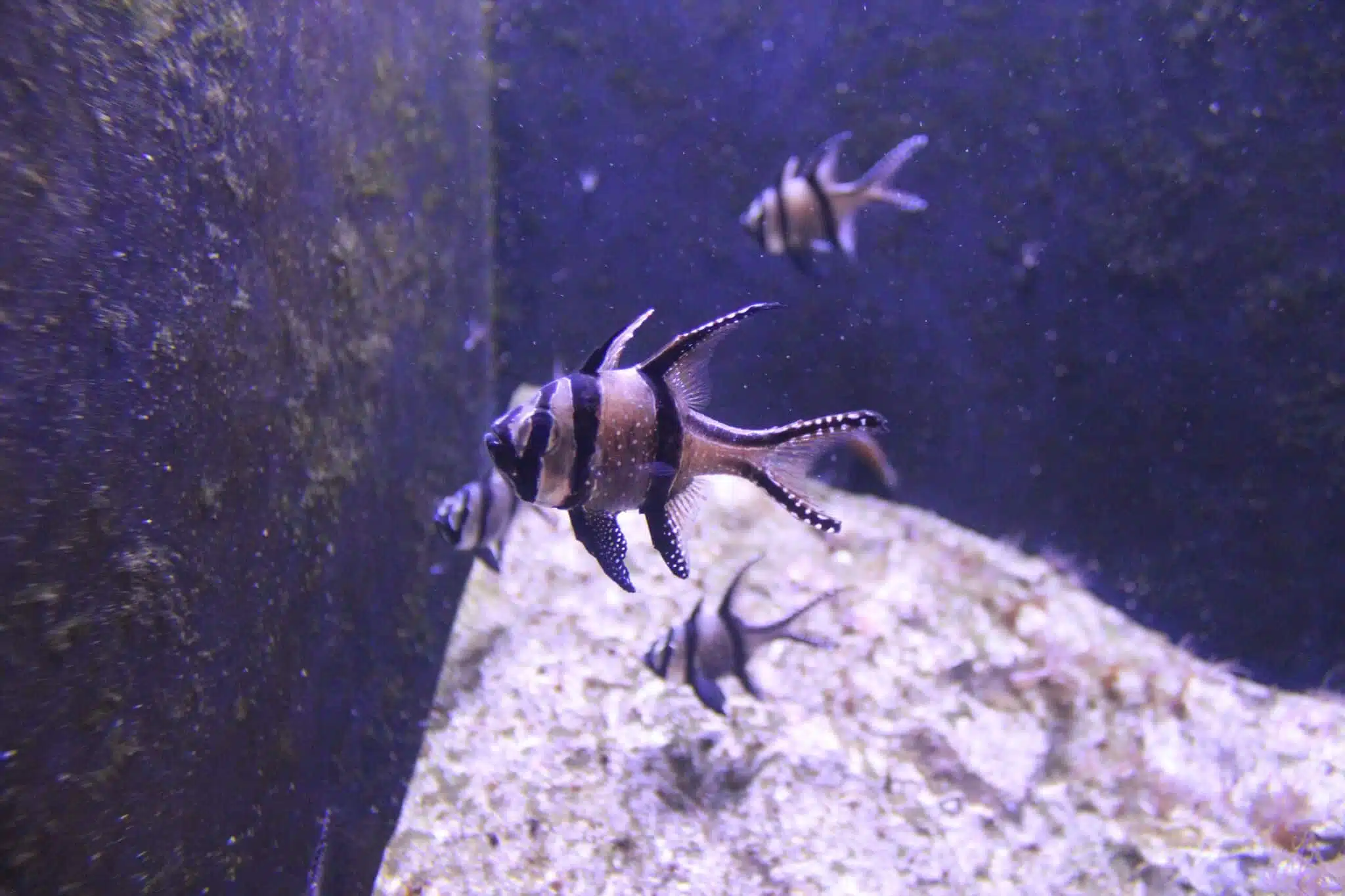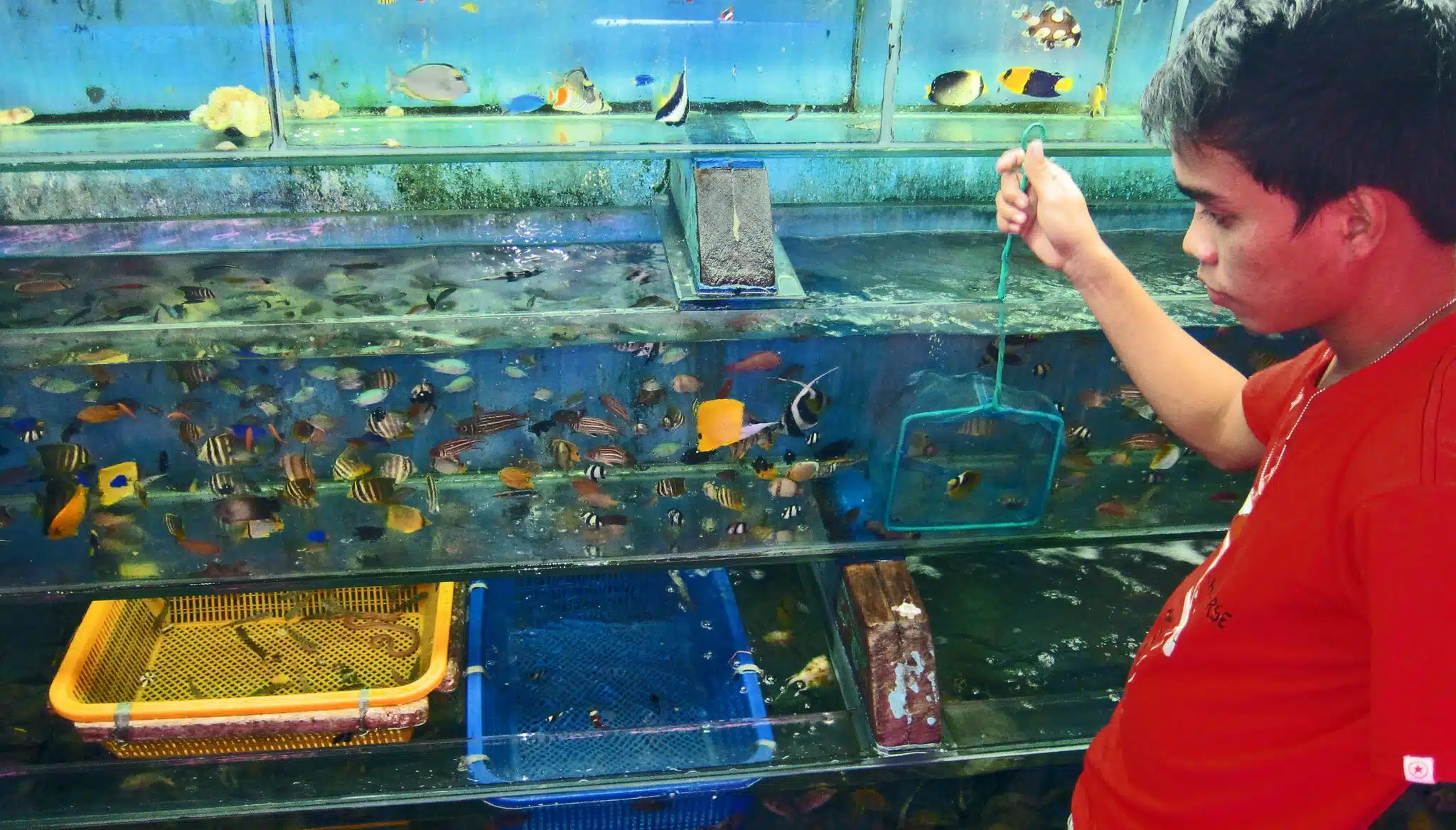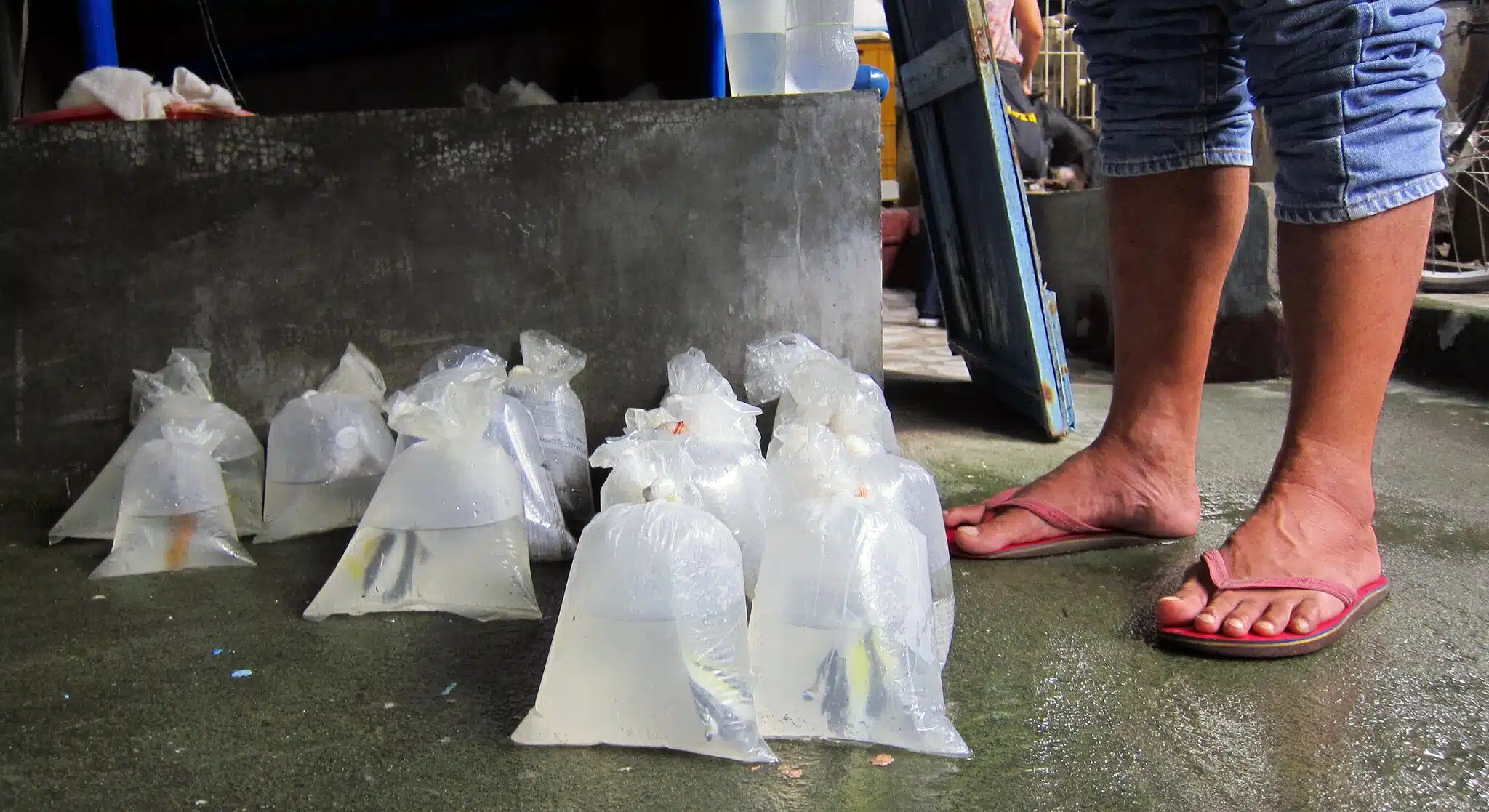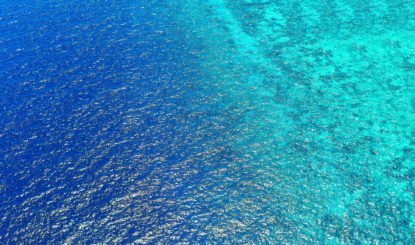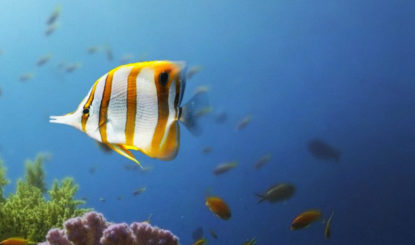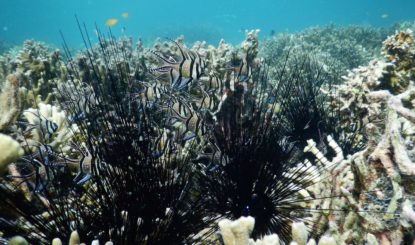Aquarium Industry
The forgotten fate of ornamental marine fish
The issue
«The situation is getting worse.» – UN General Secretary António Guterres gets to the point in his opening remarks at the UN’s Ocean Conference in 2017. Nearly one third of the world’s coral reefs have already been lost.
The aquarium industry and human desire to observe fish and other creatures in captivity have played their part in the current concern. Of the over 2,000 species of coral fish and hundreds of coral species traded internationally, practically all have been taken from the wild, torn from their natural environments.
Up to 80 percent of coral fishes may die before ever reaching an aquarium due to catching, handling and transport methods. A study revealed that up to 98 percent of fish end up dying in captivity during their first year.
Donation form
Our project
It is virtually impossible to keep marine animal species in suitable captive conditions. In their natural habitat, sharks and rays, for example, cover distances of hundreds of kilometres, dive to great depths or live in large schools.
In confined aquariums, on the other hand, many fish get injured, suffer from deformations, become disturbed and aggressive – until they eventually perish. Fondation Franz Weber raises awareness of these ills, changes public understanding, keeps up the pressure and asks questions.
We are committed to protecting the oceans, with a particular focus on reducing overfishing. This includes the conservation of marine ornamental fishes, corals and other marine life. In aquariums, these creatures have a limited life expectancy, if they survive the exhaustive transport at all.
In particular, Fondation Franz Weber uses its role as an official observer at CITES to achieve better monitoring and control of the international ornamental fish trade within the framework of the convention.
Publications:
M. V. Biondo, Quantifying the trade in marine ornamental fishes into Switzerland and an estimation of imports from the European Union, Glob. Ecol. Conserv. (2017).
M. V. Biondo, Importation of marine ornamental fishes to Switzerland, Glob. Ecol. Conserv. (2018).
S. Ndobei, I. Yasiri, A.M. Moore, M.V. Biondo, S.J. Foster, Study to assess the impact of international trade on the conservation status of Pterapogon kauderni (Banggai cardinalfish). CITES, AC 30 (2018).
M.V. Biondo, R.P. Burki, Monitoring the trade in marine ornamental fishes through the European Trade Control and Expert System TRACES: Challenges and possibilities, Mar. Policy (2019).
M.V. Biondo, The Impact to Reefs of The Trade in Marine Ornamental Fishes. REEF ENCOUNTER (2019).
M.V. Biondo, R.P. Burki, A Systematic Review of the Ornamental Fish Trade with Emphasis on Coral Reef Fishes — An Impossible Task. ANIMALS (2020).
More infos:
Our goals
- Transforming the aquarium industry with our expertise and international network
- Raising public awareness about the issues surrounding catching ornamental marine fish
- Preventing new large aquariums such as the successfully rejected ‘Ozeanium’ in Basel because it no longer corresponds to the zeitgeist
News
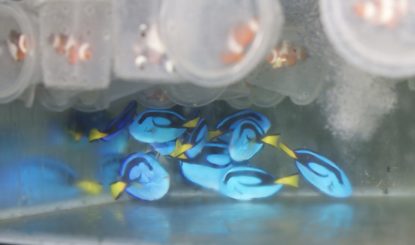
Animal protection
The unregulated trade of marine ornamental fish: How many Nemos and Dorys are imported to Europe every year?
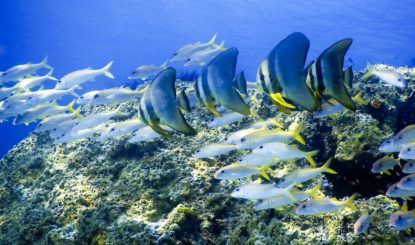
Animal protection
The Impact to Reefs of The Trade in Marine Ornamental Fishes
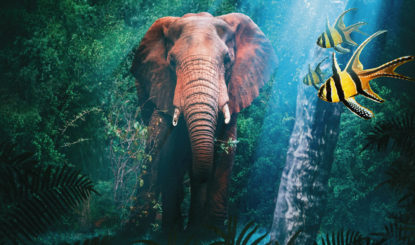
Animal protection
Important decision at CITES CoP18: Marine ornamental fish trade finally to be put under the microscope
Facts and Figures
* * *
